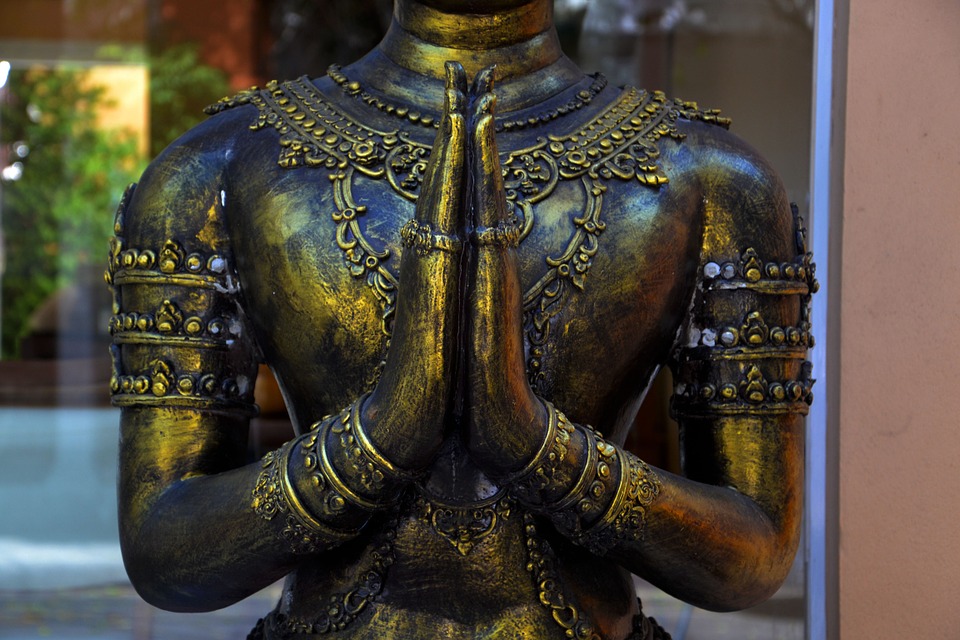The Buddhist’s way of viewing the human experience, particularly the experience of suffering as it pertains to reaching an enlightened state, require that one must embrace and accept the following as the Four Noble Truths:
1. Life means suffering
2. The origin of suffering is an attachment
3. The cessation of suffering is attainable
4. The path to the cessation of suffering
Each of these steps is progressive and leads to enlightenment.
Without the Four Noble Truths, along with subsequent deep acceptance and understanding of each, one is not truly enlightened.
The Buddhist view of suffering is that it results from an imperfect man trying to coexist with an imperfect world.
The two will always be at odds. All aspects of the human condition, the emotions, and experiences associated with pain and suffering, will never cease so long as man remains attached to the world in which he lives. So long as one is alive, one will suffer. But can a person transcend the suffering? This is the very question that the second Noble Truth seeks to address. 
Just as a child will cry and whimper at the removal of a favorite toy, so the severing of the tie between man and the material world to which he has become attached will result in pain and suffering of some sort.
The desire to accumulate such things as wealth, status, possessions and anything else that may be seen as a status symbol or some such thing, is very often the root of attachment. When a man realizes that such material things are fleeting and that no accumulation of such can result in true enlightenment, he suffers the pain that accompanies such realization. The more tightly a man chooses to cling to material things, the more embattled he becomes, and the more difficult it is to achieve enlightenment.
The only way to bring about a cessation of such suffering is through nirodha
This means that a man’s longings and deeply-rooted attachments to the physical and emotional drives must somehow become moot. He must learn not only to let go of his fierce grip but to behave as though he had never closed his fist around such things in the first place. This process of nirodha is essential, a means by which man becomes disinterested in the things of the material world and his own turbulent, dynamic emotions and passions. The final stage of this process is Nirvana-total release and freedom from the shackles of the human condition.
The fourth Nobel Truth attests to the belief that suffering, and the paths by which to achieve Nirvana, are in existence. However, eliminating all suffering, even in one’s own lifetime requires a delicately balanced walk across a metaphorical tightrope. Even if one should fail to achieve total enlightenment by this process, there are always other lifetimes in which to attempt to reach perfection.





